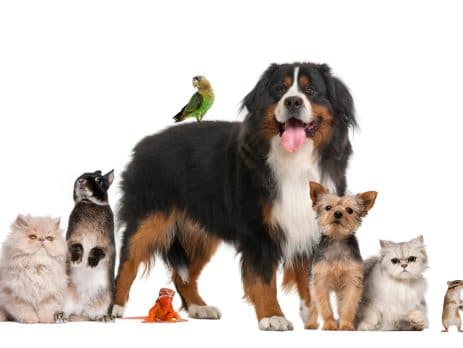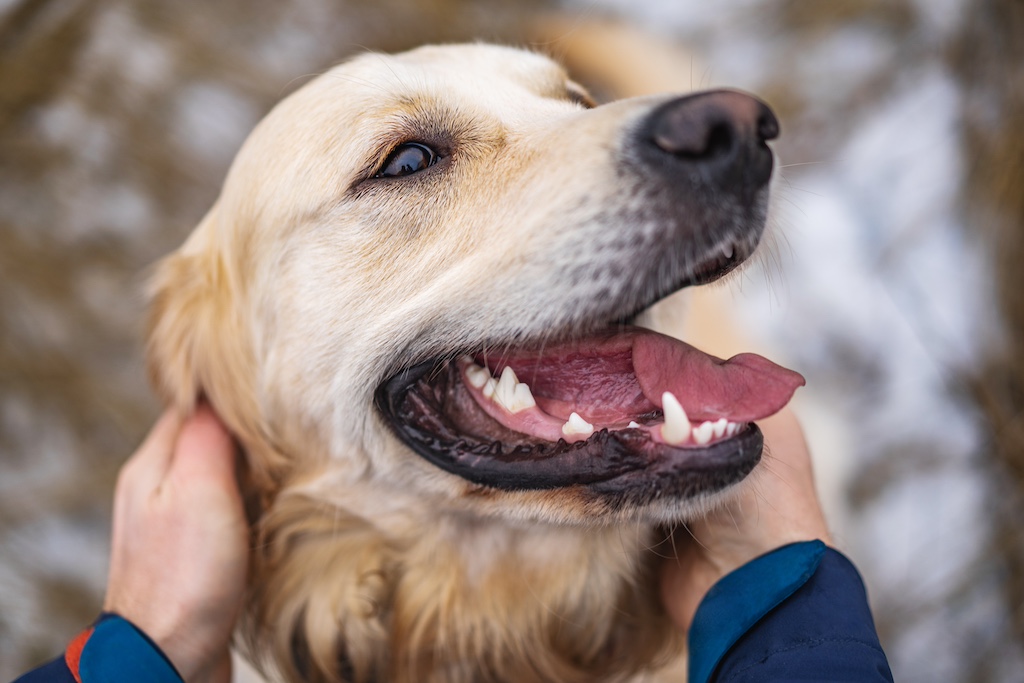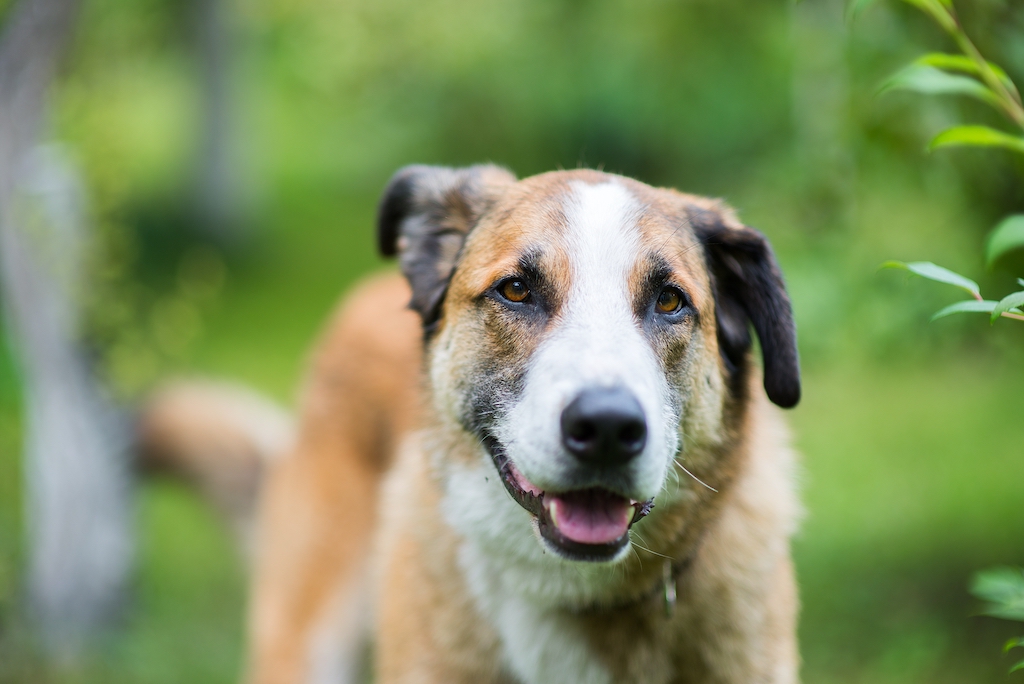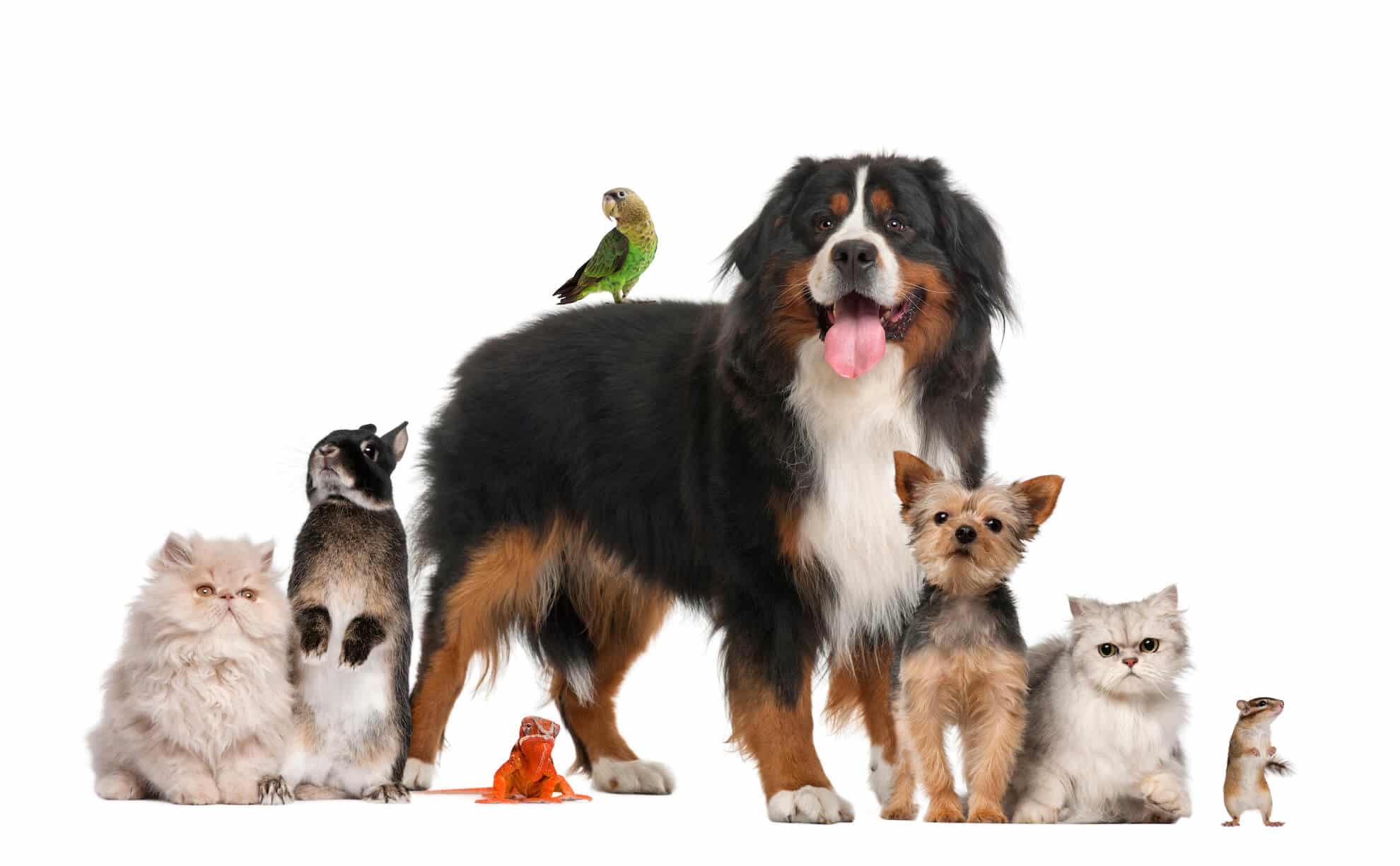Service – Whelping
Langley Animal Clinic2023-02-08T01:23:39+00:00Stages of Whelping
Langley Animal Clinic
The parturition or whelping can be divided in different 3 stages. Here is a basic outline of the stages of whelping.
Stage 1
Preparation for whelping
It averages approximately 6-12 hour long but can be as long as 36 hours. The bitch is usually restless and may show nesting behavior. She is nervous, panting, anorexic, and may tremble or shiver. You may see a temperature drop 1°C about 24 h before stage II in approximately 85% of bitches. This temperature drop is related to prostaglandin release and the abrupt decline in progesterone. It can also be identified with uterine monitoring (Whelpwise®)
Stage 2
Expulsion of fetuses
Stage II is the active propulsive stage when the bitch pushes the puppies out.
It lasts approximately 20 minutes to 1 hour per puppy but no more than 2 hours should elapse between each puppy born.
Stage II usually lasts a total of 3-6 hours but, may be as long as 24 hours total. Abdominal contractions are strong and coordinated. The “water bag or sac” may be seen first, then the pup with or without the covering of the amniotic sac.
Puppies may present cranially or caudally. You ordinarily see passage of a neonate every 30 to 60 minutes.
You should see passing of the first pup within 4 hours of labor onset, and the bitch should deliver pups at least every 2 hours thereafter.
The bitch should tear away the amniotic sac and lick the neonate to stimulate respiration. If the bitch ignores the pup, tear away the sac and rub briskly with a towel. You may need to aspirate fluid from the pup’s respiratory tract.
Stage 3
Expulsion of placentas
Placentas usually pass 5 to 15 minutes after each pup is born.
You may see pup-placenta-pup-placenta or pup-pup-placenta-placenta. The bitch may eat them; they have no known physiological value and may cause vomiting and diarrhea.
Differentiation between resting in Stage III and completed parturition is difficult.
You may need to take radiographs or ultrasound the bitch to be sure. Best to have films taken that last week of pregnancy!



Dystocia
What is it?
Dystocia is a term used to describe a difficult or abnormal birth (“dys” = difficult, “tokos” = birth).
This encompasses any problem in the birthing process, ranging from severe (uterine torsion) to mild (prolonged labor).
Dystocia can occur in any bitch regardless of breed or age.
Dystocia can be caused by either maternal factors or fetal factors or a combination of both.
Maternal factors which can cause dystocia include small pelvic size, small birth canal, or uterine inertia.
Fetal factors which can cause dystocia are increased fetus size or wrongly positioned fetus.
Are there predisposing factors that can increase the bitch’s risk of developing dystocia during the whelping process?
Whelping FAQ's
YES.
Some breeds are more prone to dystocia than others during the whelping process such as the brachycephalic breeds including the Bulldog, Pug, Boston Terrier, Pekingese, Boxer, French Bulldog, and Shih Tzu.
Older dogs are at a greater risk for dystocia than younger dogs and heavy dogs are at a greater risk than dogs at a healthy weight.
Bitches having their first litter are at a higher risk because they are unfamiliar with the process. When a bitch has a small litter (1 or 2 puppies), there may not be enough hormones to induce labor, resulting in dystocia.
It is important to be familiar with the normal birthing procedure so you can tell when there might be a problem.
How is Dystocia Treated?
Whelping FAQ's
Treatment of dystocia can be either surgical or medical.
After a careful clinical exam, the veterinarian may recommend the use of blood work, ultrasonography, or x-rays to determine the best option for your dog.
The doctor can use the ultrasound to determine fetal viability by looking for heartbeats.
If fetal heart rate is less than 150 bpm, the puppy or puppies are in a serious risk and a Caesarean section should be performed.
The doctor can also radiograph the abdomen to see how many puppies are left, but it is difficult to assess fetal viability.
In some cases when the bitch has a previous history of dystocia or is at high risk for developing dystocia a caesarean section may be previously scheduled.
When Should I Call the Veterinarian?
Whelping FAQ's
Dystocia most likely is occurring if any of the following are present.
- Obvious malpresentation of a pup
- First stage labor (panting, restlessness, inappetance, vomiting) for more than 12 hours
- Second stage labor with weak and intermittent contractions for more than 4 hours before birth of the first pup
- Second stage labor with weak and intermittent contractions for more than 2 hours between pups ” Second stage labor with hard or continuous contractions for more than 30 minutes before the birth of the first pup or between pups
- Green vulvar discharge before the birth of the first pup
- Purulent or frankly hemorrhagic vulvar discharge
- A history of decline in rectal temperature more than 24 hours ago
- Clinical evidence of systemic illness in the bitch
- A history suggesting high risk pregnancy (previous pelvic trauma or dystocia)
If you believe that your dog is experiencing dystocia, please contact us. “This will greatly improve the survival chances for the puppies and mother”.
Our Services
Small Animals
Contact
- Pet Care Service 24/7
- (604) 534 4813
- Email: info@langleyanimalclinic.ca
- 5758 203 St, Langley City, BC V3A 1W
Practice Hour
- Mon - Sat : 08:00am - 9:00pm
- Sun - Mon : 08:30am - 09:00pm

30% OFF ONLINE EXCLUSIVES
Get great discounts on pet supplies! Shop from Canada’s best selection of pet supplies.
Animal Care and Advice
 Pet Grooming & Hygiene, Pet Health & Safety Tips
Pet Grooming & Hygiene, Pet Health & Safety Tips Pet Dental Care: Preventing & Treating Cavities in Pets
Comprehensive Guide to Preventing and Treating Cavities in PetsTable of ContentsImportance of Dental Health in PetsBrief Overview of Cavities and...
 Pet Grooming & Hygiene, Small Animals
Pet Grooming & Hygiene, Small Animals Senior Pet Dental Care: Understanding the Unique Challenges and Needs of Older Pets
Proper dental care is just as important for your pets as any other member of your family, but it is...
 Canine Companions: Beyond Basics, Pet Grooming & Hygiene, Pet Nutrition & Diet
Canine Companions: Beyond Basics, Pet Grooming & Hygiene, Pet Nutrition & Diet 7 Recognizing Signs of Dental Pain in Dogs: A Guide
Although proper dental care is an essential part of your dog’s wellbeing, it is something that is often overlooked by...
Subscribe To Our Newsletter
Get all the latest information on Events, Sales and Offers.

